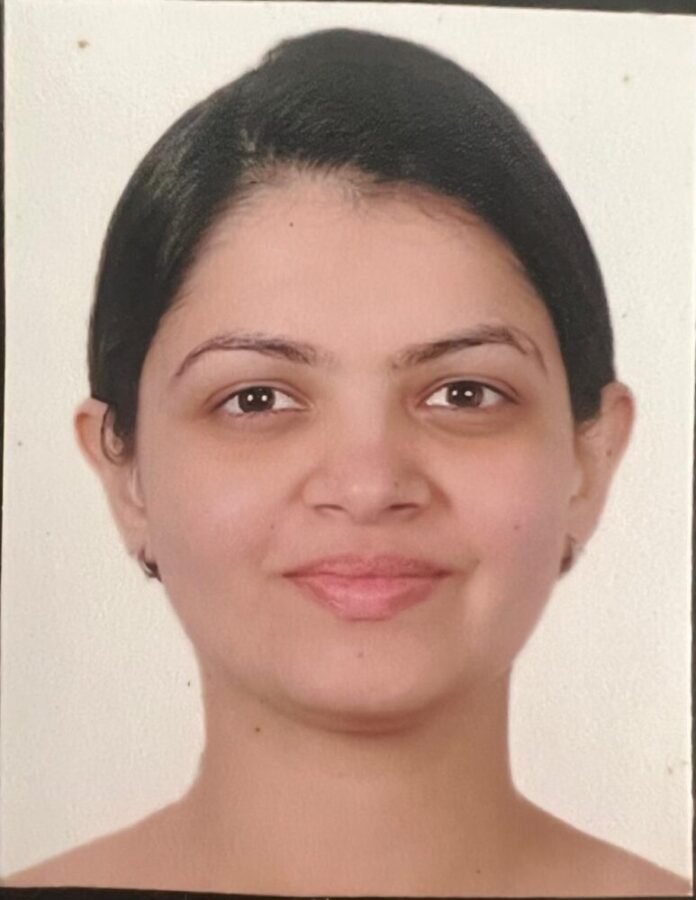Nurturing the Nano
Dr. Ishita G. Tripathy1 and Nitisha Mann2
Nano-businesses and Informal Micro Enterprises (IMEs) are a distinct segment within Micro, Small and Medium Enterprises (MSMEs), with hyperlocal functionality. Due to their distinctive characteristics, it is vital to keep carve-outs and special provisions for them so that they become commercially viable while retaining their essence. The Government of India has been committed towards this end. As a first step, Udyam Assist Platform (UAP) was launched by the Ministry of Micro, Small and Medium Enterprises in January 2023 to facilitate registration of IMEs, who are exempted from filing returns under provisions of the CGST Act. Since the launch of UAP, more than 2.2 crore enterprises have registered, with an employment of more than 2.6 crore. UAP provides an interface to Designated Agencies, which can be Scheduled Commercial Banks, Micro Finance Institutions, NBFCs, etc. to register consent-based data of their IME customers in bulk. IMEs beneficiaries of Government programmes like PM SVANidhi are also onboarded onto UAP.
Continuing with the avowed objective of promoting entrepreneurship, PM Vishwakarma Scheme, launched in September 2023, aims to provide end-to-end support to artisans and craftspeople of 18 trades who work with their hands and tools. The Scheme components include recognition through PM Vishwakarma Certificate and ID Card, Skill Up-gradation, Toolkit Incentive, Collateral-free Loans at 5% rate of interest, along with interest subvention of upto 8%, Incentive for Digital Transactions and Marketing Support. Essentially, it encompasses all forms of support with the aim to meet the aspirations of Vishwakarmas, who have entrepreneurial skills necessary to establish self-sustaining businesses. Effectively, the Government has paved the way for identifying entities that have the capacity, but were missing the wherewithal to grow and evolve into MSME Champions.
A challenge for nano entrepreneurs, who are new to credit or have no credit or business history, is access to finance. No credit history deters banks from lending. To create an enabling ecosystem, measures have been taken to address both demand and supply side challenges. A step in this direction is the notification of the Ministry of MSME and that of RBI that UAP certificates shall be treated at par with Udyam Registration Certificate for the purpose of availing of Priority Sector Lending benefits. Through initiatives like the Payments Infrastructure Development Fund (PIDF) Scheme notified by RBI for beneficiaries of schemes such as PM SVANidhi, PM Vishwakarma, etc., the number of acceptance devices have increased multi-fold in the country, developing the payment acceptance infrastructure in Tier-3 to Tier-6 centres, lowering the cost of transactions and increasing acceptability of small businesses. PIDF provisions encourage Digital Payment Aggregators to provide
subsidized digital payment devices and QR Codes to nanoenterprises. In addition to subsidising deployment of physical or digital devices, other contemporary devices, viz., soundboxdevices, Near Field Communication, and Aadhaar-enabled biometric scanner devices for acceptance through BHIM Aadhaar Pay are also subsidised. Such supplementary digitization and digital trails will make them more discernible,supporting alternative credit assessment models based on data collected and increase credit disbursement for them.
Special dispensation for IMEs under Credit Guarantee Scheme, was announced in February 2024,with liberal terms, including enhanced guarantee coverage of 85% of loan amounts of upto Rs. 20 lakh and lower annual guarantee fees of 0.37% for loans upto Rs. 10 lakh and 0.45% for loans between Rs. 10 lakh and Rs. 20 lakh. These initiatives will address the issue of risk of formal lending institutions which makes them wary of lending to Nano enterprises and IMEs.
By combining resources, support and awareness, Nano businesses and relatively bigger MSMEs thrive together, contributing to a vibrant local economy. The ultimate goal is to strengthen the economic base comprising grassroot level entities so that the larger superstructure of the economy continues to shine.
*1. Additional Development Commissioner, Ministry of MSME, Government of India
*2. Deputy Director, Ministry of MSME, Government of India
Views expressed are personal.
















